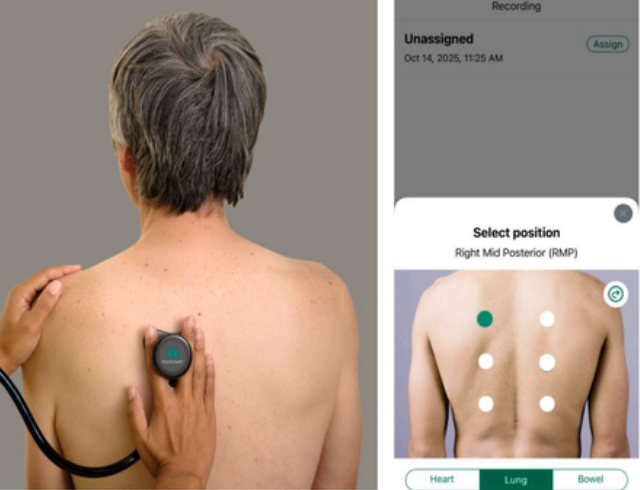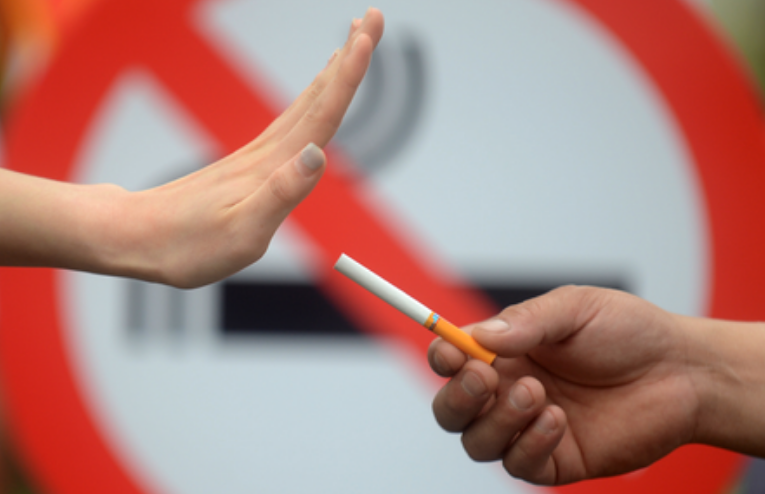Mental health support key for burn survivors to tackle stigma and discrimination: Study

New Delhi– Providing mental health support is essential for burn survivors in addressing stigma and discrimination, according to a new study.
While survival rates for burn patients have improved with advances in medical care, many survivors still face stigma and discrimination within hospitals and healthcare systems, researchers said.
The study, conducted in Uttar Pradesh, identified several contributing factors to the poor treatment of burn patients, including institutional neglect, under-resourced healthcare facilities, overburdened staff, and systemic failures. These issues often result in discriminatory and low-quality care.
Burn survivors—especially women, individuals with visible disfigurements or disabilities, and those from marginalized backgrounds—are particularly vulnerable to emotional, physical, and psychological harm.
Pratishtha Singh of The George Institute for Global Health noted that burn survivors frequently experience blame and isolation and are often neglected in hospitals. At the same time, overworked and under-supported healthcare staff suffer from burnout, which can lead to unintentional but damaging behavior toward patients.
Singh emphasized that addressing both patient experiences and the systemic challenges faced by healthcare providers is critical to creating compassionate and equitable burn care.
Burn injuries remain a major global public health concern. Each year, around 180,000 deaths are attributed to burns, with the highest burden seen in low- and middle-income countries. India alone accounts for approximately 2.1 million burn injuries, 25,000 deaths, and over 1.4 million disability-adjusted life years (DALYs) annually.
The study, published in the peer-reviewed journal Burns, also outlined a series of policy and practice recommendations to address these issues.
Key recommendations include providing structured training and counseling for healthcare workers on burn-related stigma, mental health support, and patient-centered care; and updating medical and nursing curricula to include topics related to burn recovery.
The researchers also called for strengthening hospital-based support systems—particularly in public facilities—by expanding access to mental health services and rehabilitation programs. They urged the development and implementation of anti-discrimination policies through collaboration with government departments, legal aid services, and civil society organizations. (Source: IANS)





